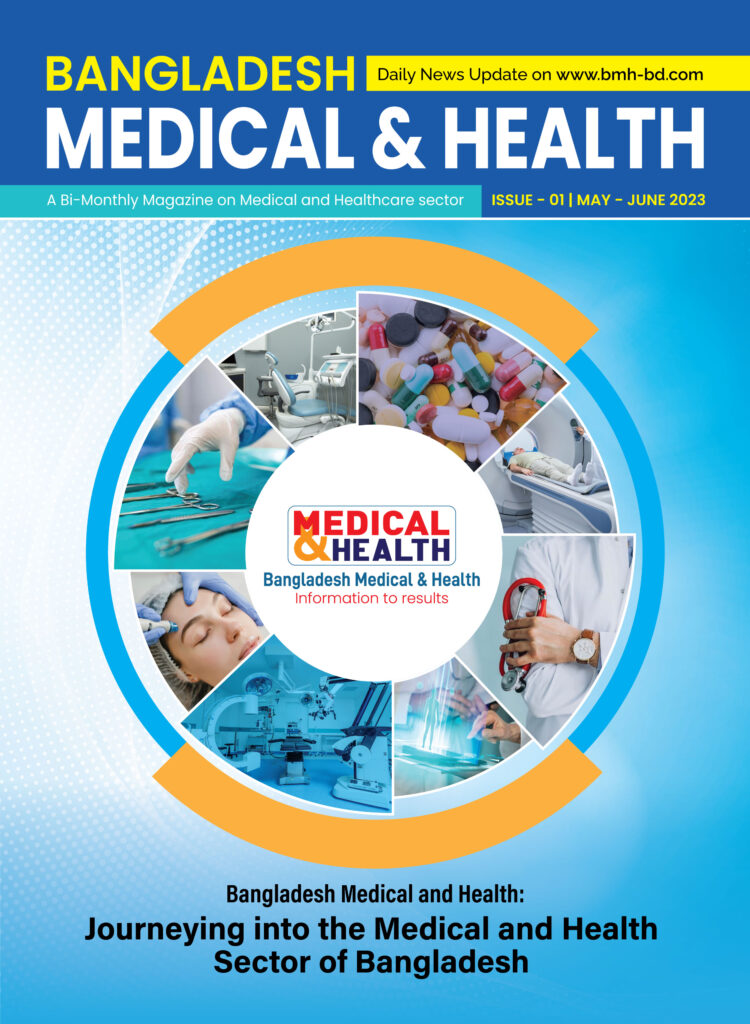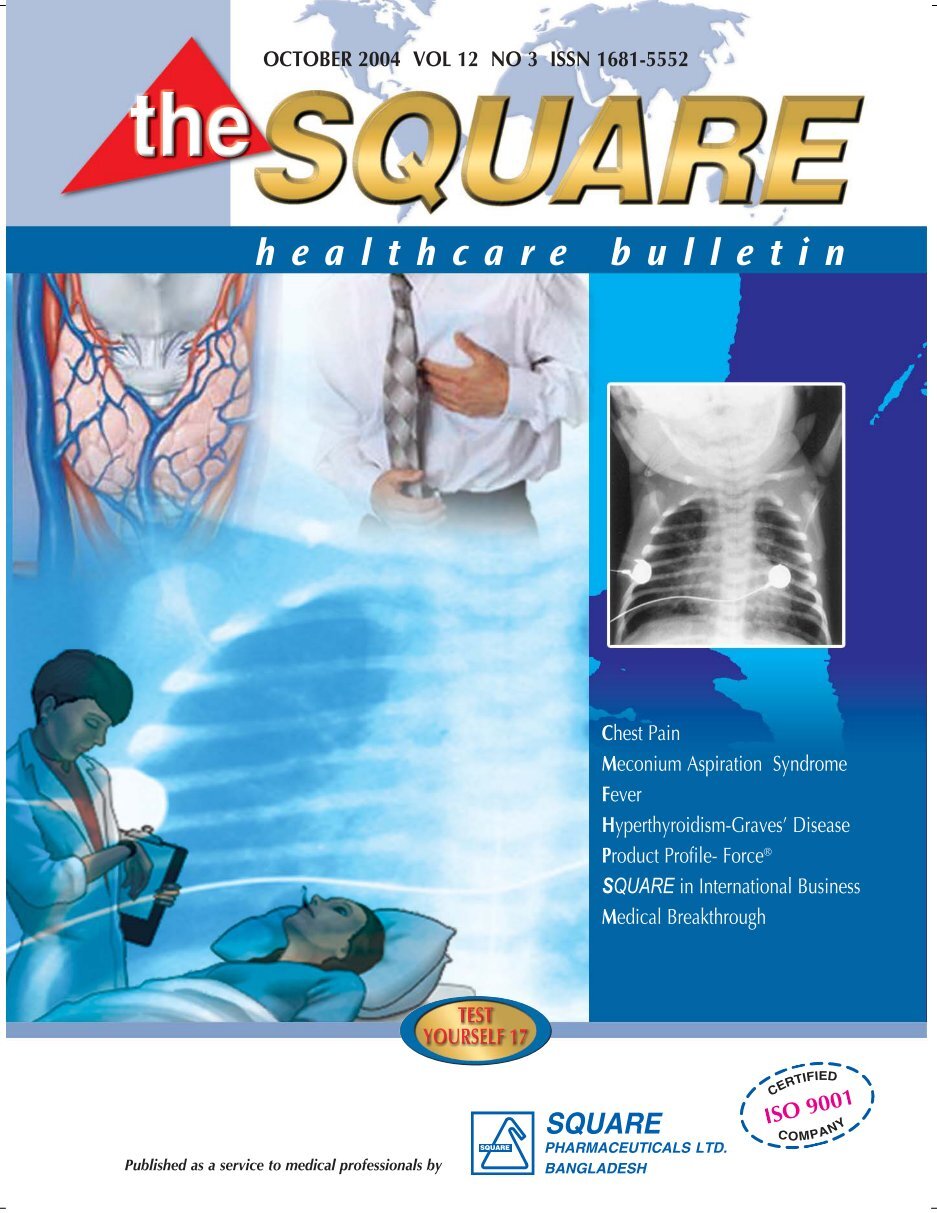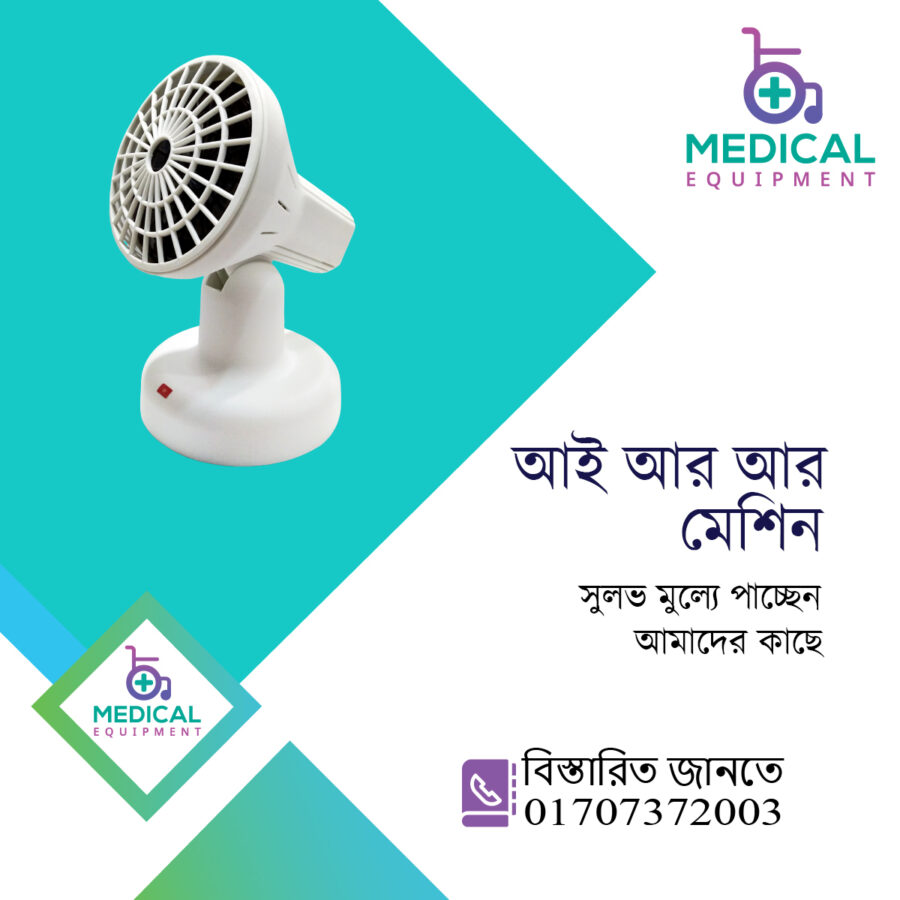Interview with Dr. Smith, Cardiologist

BMH: Good day, Dr. Smith. Thank you for taking the time to speak with us. As a cardiologist, you specialize in the diagnosis and treatment of heart-related conditions. Could you share some insights about common heart health issues and prevention strategies?
Dr. Smith: Thank you for having me. It’s my pleasure to discuss heart health. One of the most prevalent heart conditions is coronary artery disease, which occurs when the blood vessels supplying the heart become narrow or blocked due to the buildup of plaque. This can lead to chest pain, shortness of breath, or even heart attacks. Preventive measures include adopting a healthy lifestyle with regular exercise, a balanced diet low in saturated fats, quitting smoking, and managing conditions like hypertension and diabetes.
BMH: That’s valuable information. Another significant concern is the rise in obesity rates. How does obesity impact heart health, and what recommendations do you have for managing it?
Dr. Smith: Obesity is a major risk factor for cardiovascular diseases. Excess weight puts strain on the heart, leading to conditions like high blood pressure, high cholesterol, and diabetes. It’s crucial to address obesity through a comprehensive approach. This includes a combination of dietary modifications, increased physical activity, behavior changes, and, in some cases, medical interventions. A multidisciplinary team involving healthcare professionals, including dietitians and exercise specialists, can provide personalized guidance and support.
BMH: Excellent. Moving on, many individuals face stress and its potential effects on heart health. Could you explain the connection between stress and heart disease and suggest strategies to manage stress effectively?
Dr. Smith: Chronic stress can contribute to heart disease. When we’re under stress, our bodies release stress hormones that can elevate blood pressure and heart rate, increasing the risk of heart problems. It’s essential to find healthy ways to manage stress. This may involve relaxation techniques like deep breathing exercises, meditation, or engaging in hobbies and activities that bring joy. Regular exercise, social support, and seeking professional help when needed are also important in stress management.
BMH: Thank you for those insights. Lastly, what advice would you give to individuals who want to maintain a healthy heart and overall cardiovascular well-being?
Dr. Smith: My advice would be to prioritize heart-healthy habits. Start by incorporating regular physical activity into your routine, aiming for at least 150 minutes of moderate-intensity exercise per week. Follow a balanced diet rich in fruits, vegetables, whole grains, and lean proteins while limiting processed foods, added sugars, and unhealthy fats. Don’t forget to maintain a healthy weight, get regular check-ups, and manage any chronic conditions like hypertension or diabetes. And, of course, avoid tobacco use and excessive alcohol consumption.
BMH: Thank you so much, Dr. Smith, for sharing your expertise on heart health and prevention strategies. Your insights will surely help our readers understand the importance of cardiovascular well-being.
Dr. Smith: It was my pleasure to contribute. I hope this information helps individuals take proactive steps toward maintaining a healthy heart. Thank you for having me.













